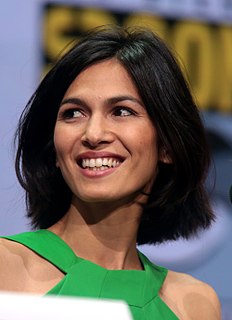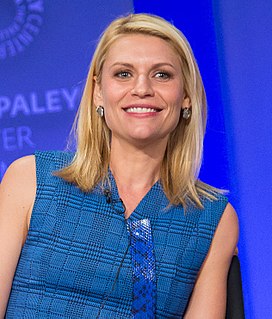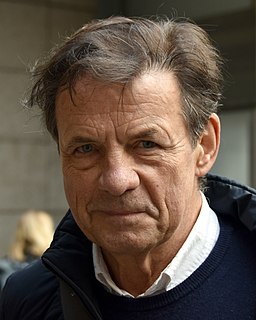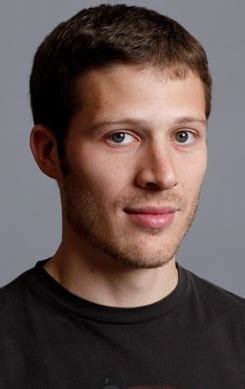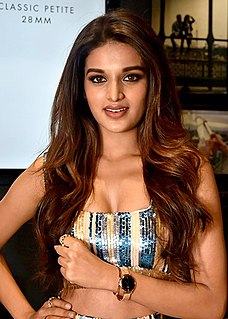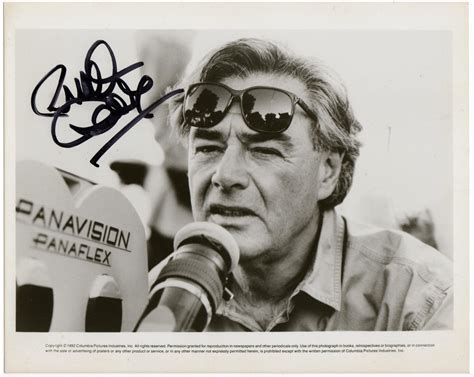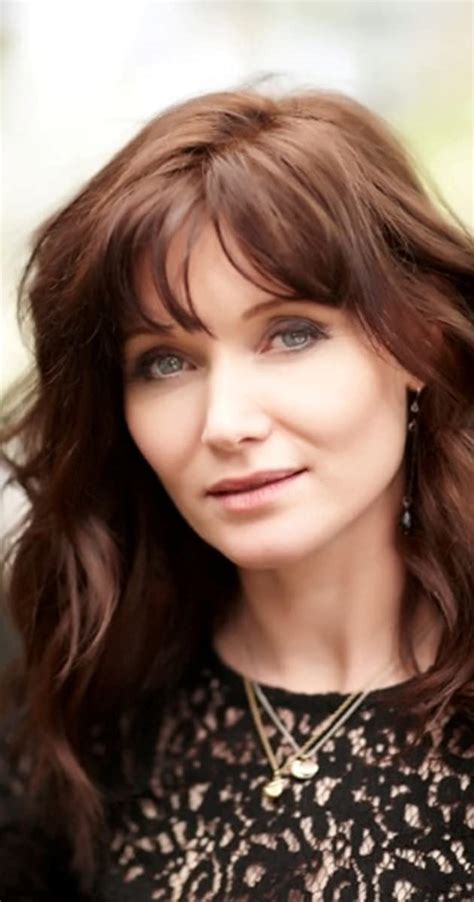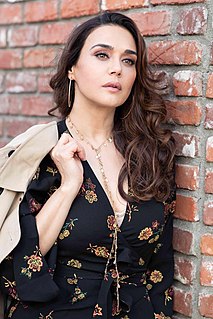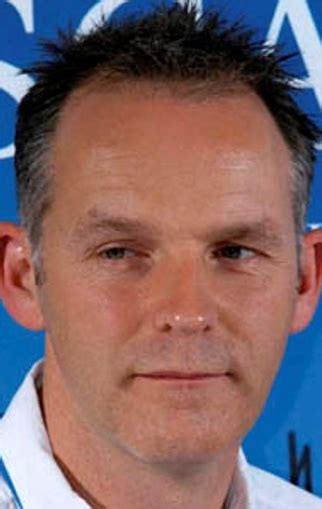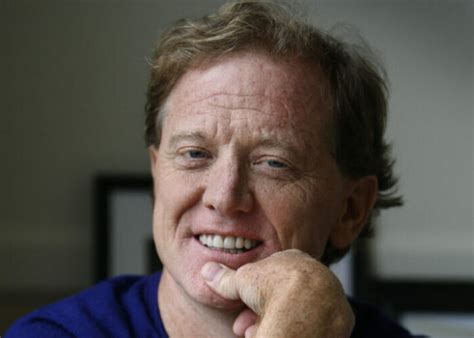A Quote by Brad Pitt
Related Quotes
A lot of people think the best work I've done was nonfiction - the 'Brothers and Keepers' book. But I think of myself as a fiction writer. And I think, if my work is put in perspective, all the books would be a continual questioning of what's true and what's not true, what's documented and what's not documented.

